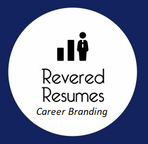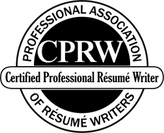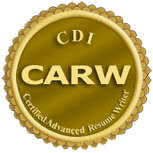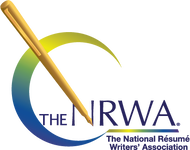|
You may believe that in a world of social media and online applications that a resume is not necessary. This article will offer a number of ways a resume is beneficial to your job search, all of which are designed to help you succeed in your job search. We’ll review the importance of customization, best resume format, and the various resume sections you need to include, to name a few. Let’s get started with our review of the key resume tips you need to keep in mind when creating yours.
1. A resume is a marketing tool. The sad truth is that most people do not write particularly well. Make sure that your resume is impeccably written, and make sure it stands out. A well-constructed resume conveys that you’re an organized person. Concise resume language gives the feeling that you’re a no-nonsense individual who gets right to the point. A great resume can convince a hiring manager that you have the background that will be an asset to the company and can compel them to contact you for an interview. 2. It helps the hiring manager decide that you have the necessary skills and experiences. A well-written, concise resume does the job of quickly telling the hiring manager that you’re the answer to their problems. When you’re writing your resume, be sure to use clear, succinct language, and focus on your achievements (especially the ones that are quantifiable), rather than on your job duties or tasks. One of the biggest resume tips you can keep in mind is this: the purpose of the resume is to sell you, and what you can do to help a company succeed. The purpose of the resume is to not catalog all of your duties and tasks from the past. 3. Customization is key. A question I’m frequently asked is whether or not it’s necessary to customize the resume for each application. My answer is always a resounding YES. This is one the key resume tips! You have only about six seconds to impress the reader, so be sure that your resume speaks to exactly what the company is seeking. You do this by studying the job description and optimizing your resume with relevant keywords. 4. Your resume helps with your personal branding. A resume is a marketing document that you craft to sell yourself. But in addition to that, it is also a component of your brand. You want to ensure that your resume conveys the key messages of your brand; that is, what your strengths are, what you can deliver on, and what you’re passionate about. 5. Add a little humanity and originality. Let’s face it, most resumes read pretty much the same, and most of them are boring and sterile. How many resumes for a PR Director role can someone read before they all begin to blur together? Every single applicant is going to say they’re expert at media relations and that they’ve overseen a team of communications professionals. Say something different and say something that makes you sound like an actual person and not a machine. Here’s one of my key resume tips: Instead of writing something like “Crisis communications expert who maximizes brand potential via various channels” in the Summary section of your resume, try “I don’t put out fires. I start them. I ignite excitement and engagement among clients. When something inevitably explodes, I add another log to the fire.” A resume remains one of the foundational tools in the job seeker’s toolkit. Hiring managers and recruiters still want resumes, and they want them to be easy to read and to quickly answer the key questions they have. A good resume is one that benefits both the hiring manager and the job seeker; hopefully, the resume tips offered here will put you on the path to success with creating yours! Comments are closed.
|
Categories
All
Archives
December 2023
|
HOURSM-F: 9am - 5pm
|
|





